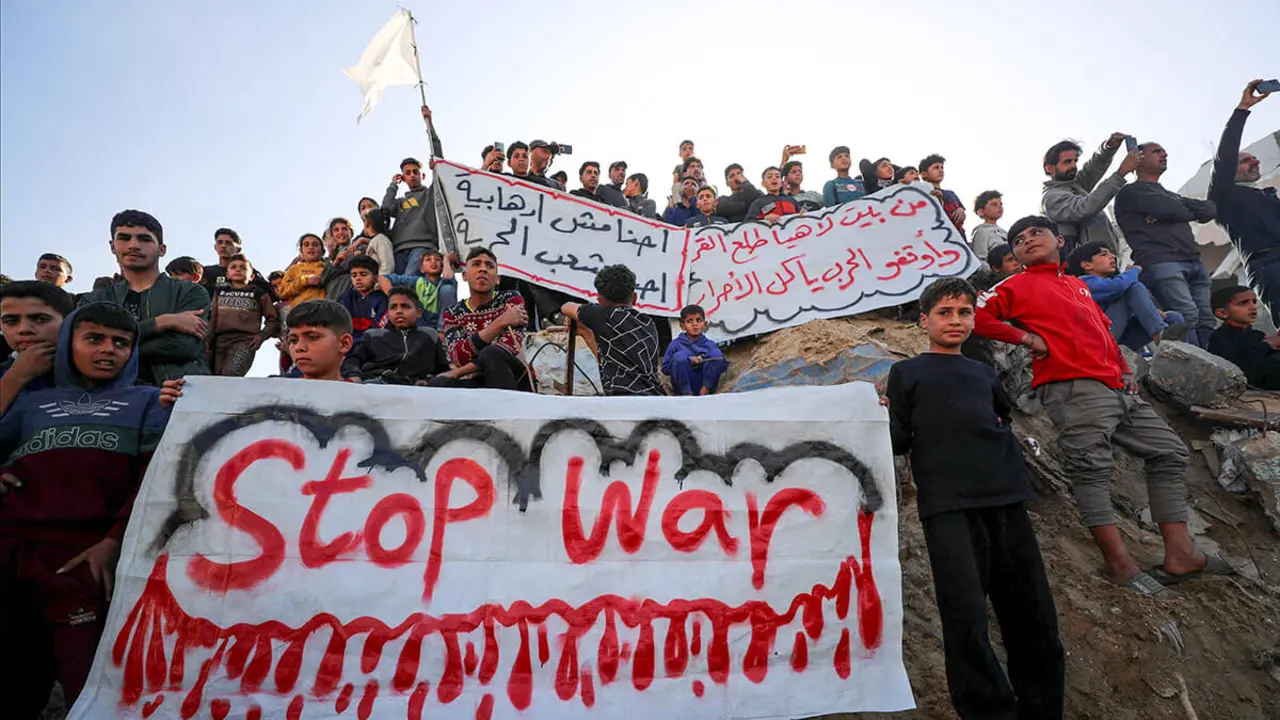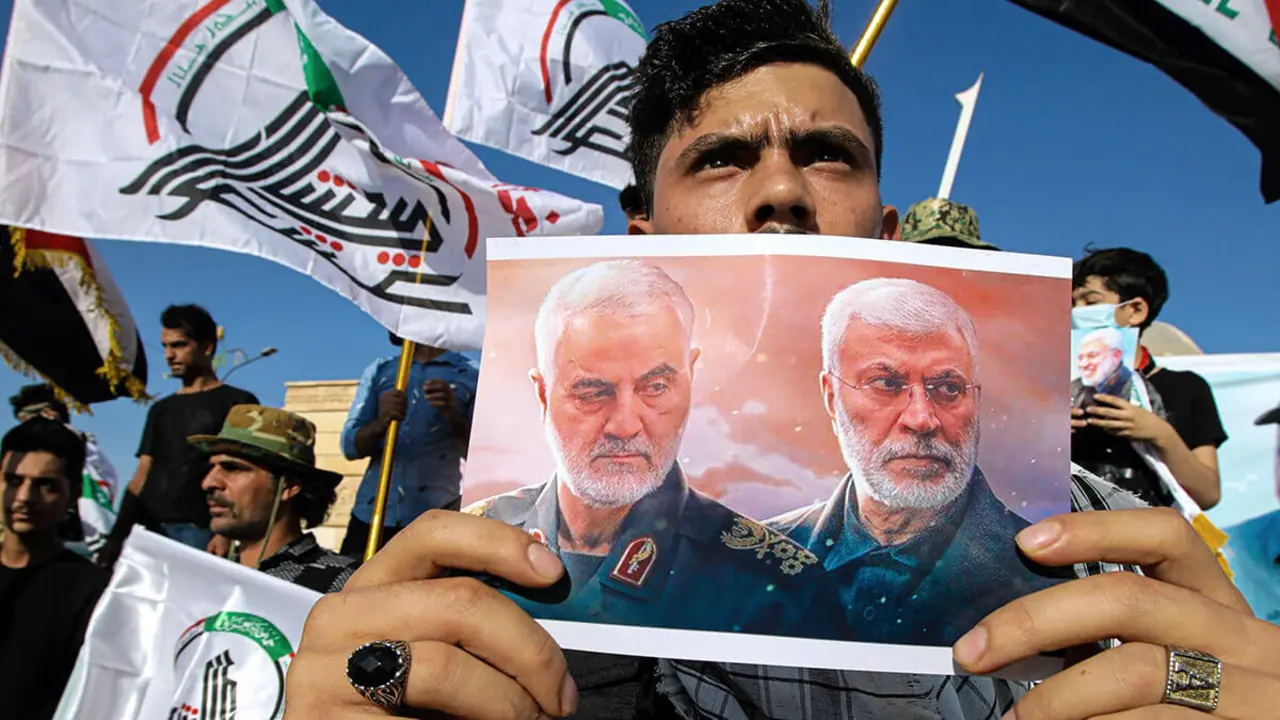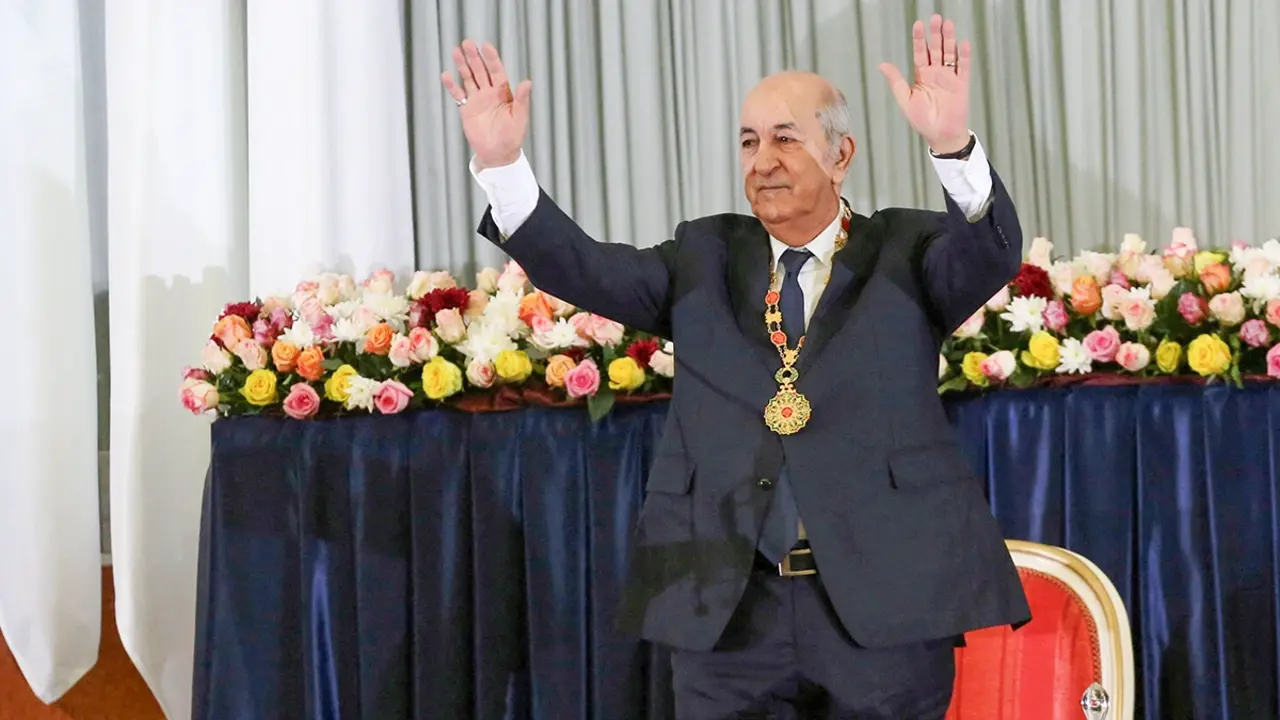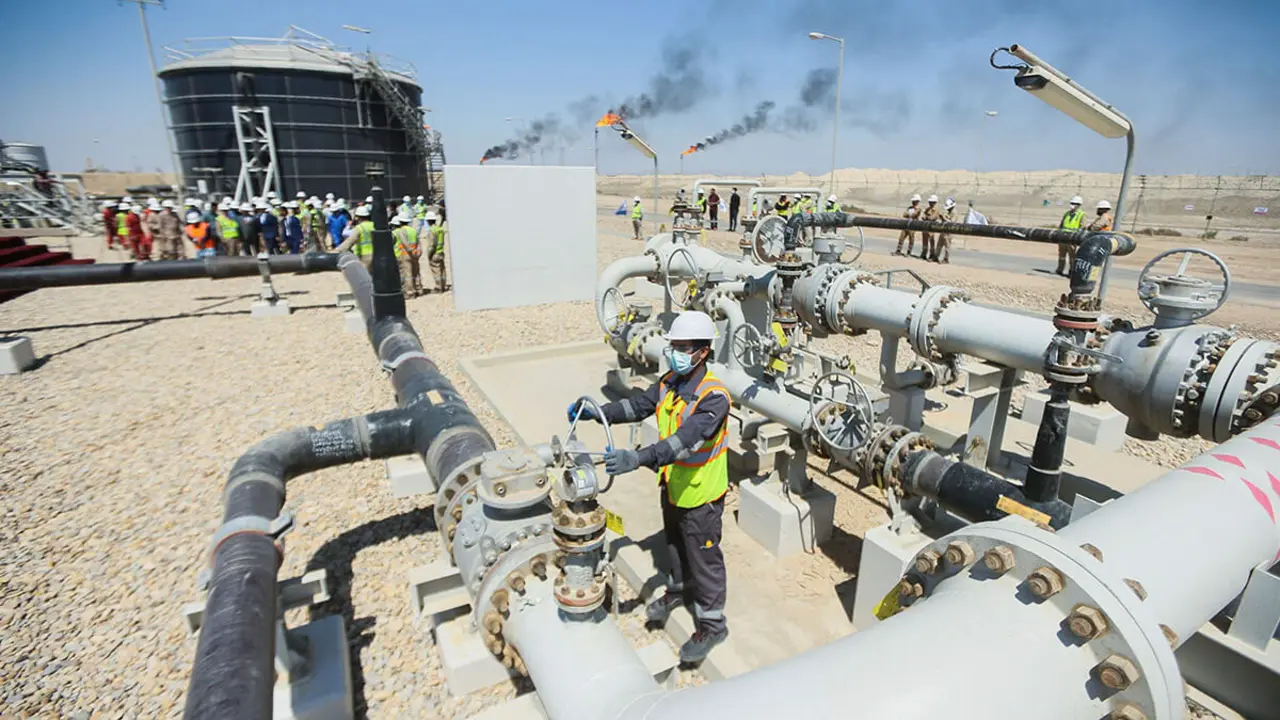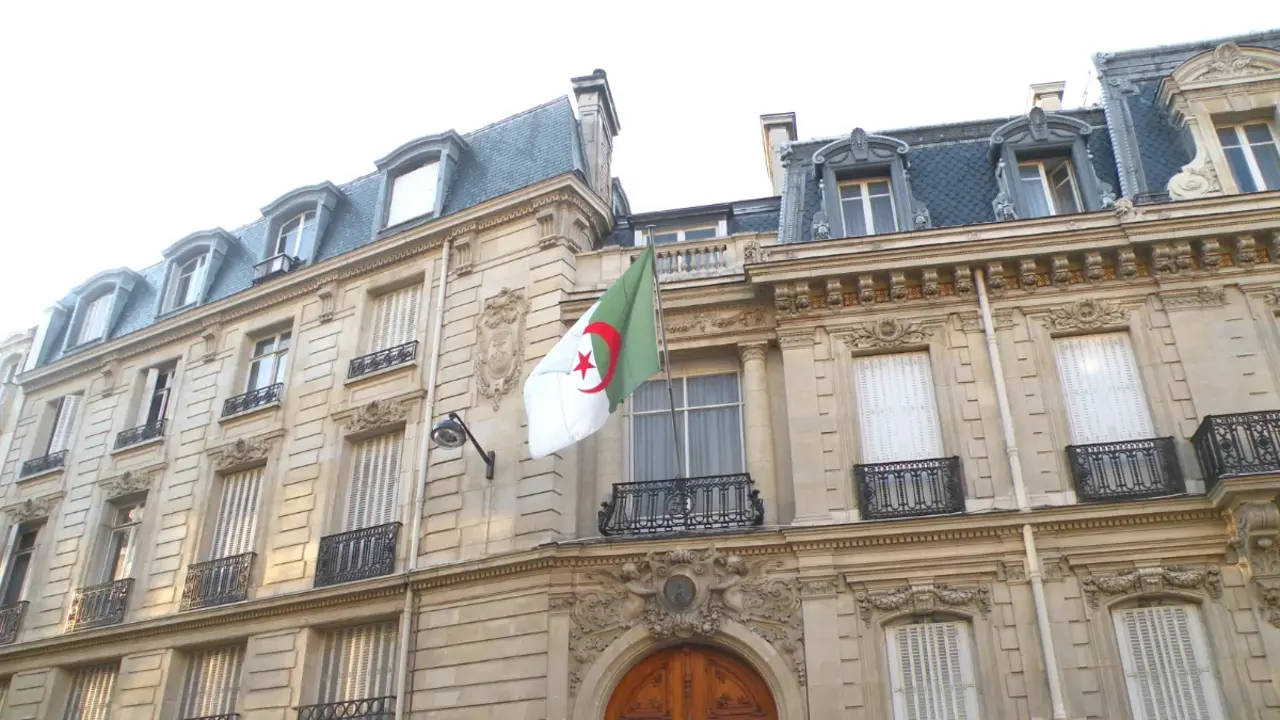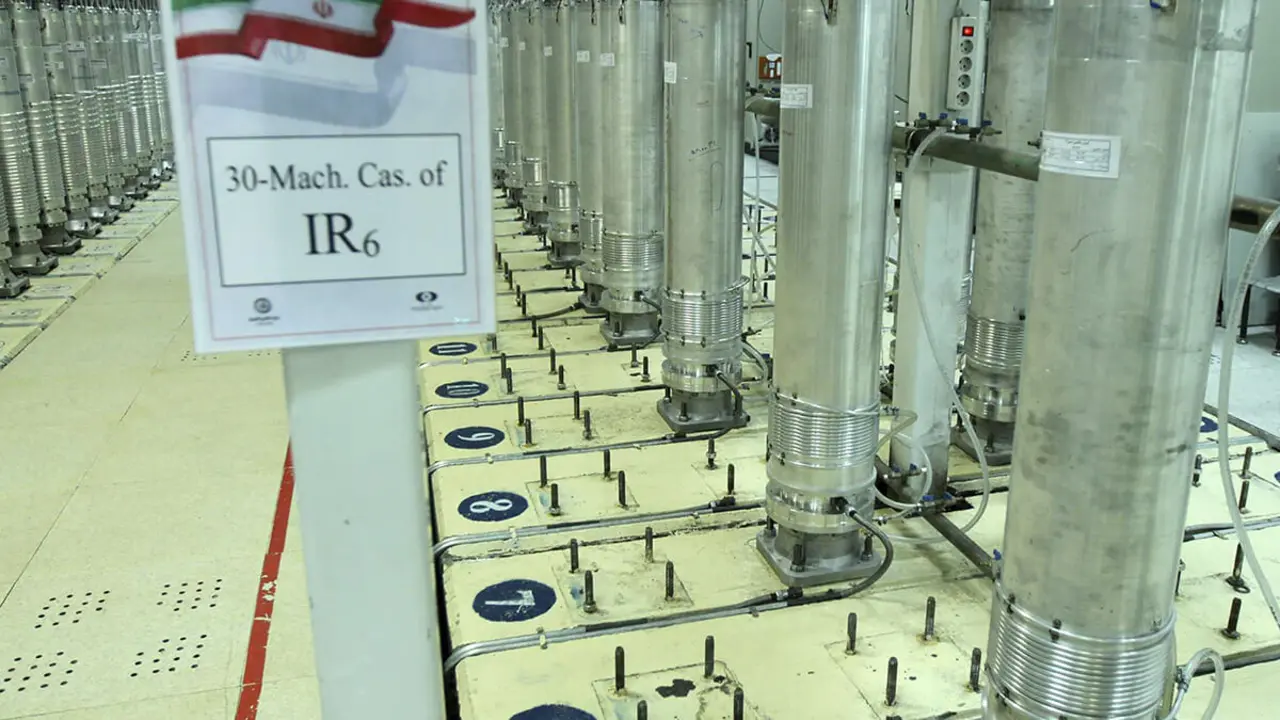A historic step towards inclusion: Hamza Yousaf, Scotland's first Muslim Prime Minister

Hamza Yousaf has been appointed First Minister of Scotland. After taking the oath of office, Yousaf announced the formation of his first government, a move that could cause tensions among members of his ruling party. This marks a new era in Scotland with Yousaf as First Minister, a politician strongly committed to equality and social justice. The new government promises to lead the country into an era of progress and prosperity, while Yousaf's team will tackle the challenges facing the country today.
Yousaf has made history as the first Muslim to lead a country in Western Europe, and ushered in a new chapter for the country. During the ceremony, he was dressed in traditional Pakistani costume, symbolising his cultural roots and his desire to represent Scotland's diversity. His tears were a sign of his dedication and commitment to the office, and the presence of his family shows his strong commitment to them. He has shown that he is a leader committed to equality for all of Scotland's citizens. Yousaf was greeted with great applause and praise when he took office, with many congratulating him for his courage and vision in breaking new ground for Muslims in Britain. The Scottish leader has declared that his government will be one of equality and respect, and that he will do all he can to give Muslims a voice in local and national politics.
Yousaf, 37, has formed a new Scottish government, which includes six women and three men who are close allies of former first minister Nicola Sturgeon. This formation could cause controversy, as it excludes Yousaf's rivals for the first minister's job or her allies. The latter have expressed their dissatisfaction, claiming to have received offers for less important posts.
The new Scottish Cabinet has been selected by the First Minister.
— Scottish Government (@scotgov) March 29, 2023
Find out more at https://t.co/RsG35TvCh8 pic.twitter.com/2nG9FDMmSW
In addition, he made an important announcement in support of Scottish independence, promising that his government, which includes a majority of women for the first time in history, will defend the country's independence while providing good governance of the nation, and show the people the benefits of the decisions taken. At the same time, it is interesting to see that all three of Britain's leaders are of South Asian descent, the UK's Prime Minister Rishi Sunak, Scotland's First Minister Hamza Yousaf and Ireland's Prime Minister Leo Varadkar. This shows the change in the region's diversity and the move towards greater inclusiveness.
Yousaf has pledged to fight for civil liberties, including equal rights for LGBT people, and to uphold the Marriage and Civil Union Act 2014. He has also pledged to work to improve health and education, with an emphasis on inclusion and gender equality, as well as improving the quality of life for citizens. He said he would unite the party, develop a new strategy for independence and address the problems facing Scottish citizens.
Yousaf won the Prime Minister's race on Monday by a narrow margin after a tough contest between three candidates. He won the majority of the party's votes, ahead of Finance Minister Kate Forbes and former Community Safety Secretary Ash Reaga. Yousaf's victory signifies a change of direction for the party, as he has pledged to take action to address the serious issues of inequality and opportunity for people from all communities in the UK's most northerly country. He is also an inspiration to many immigrants. His election as Scotland's First Minister represents a great victory for diversity and progress. His grandparents, who came to Scotland from other countries, would never have imagined that their grandson could become First Minister of Scotland. This election is very important for the country and for the immigrant population in general.



